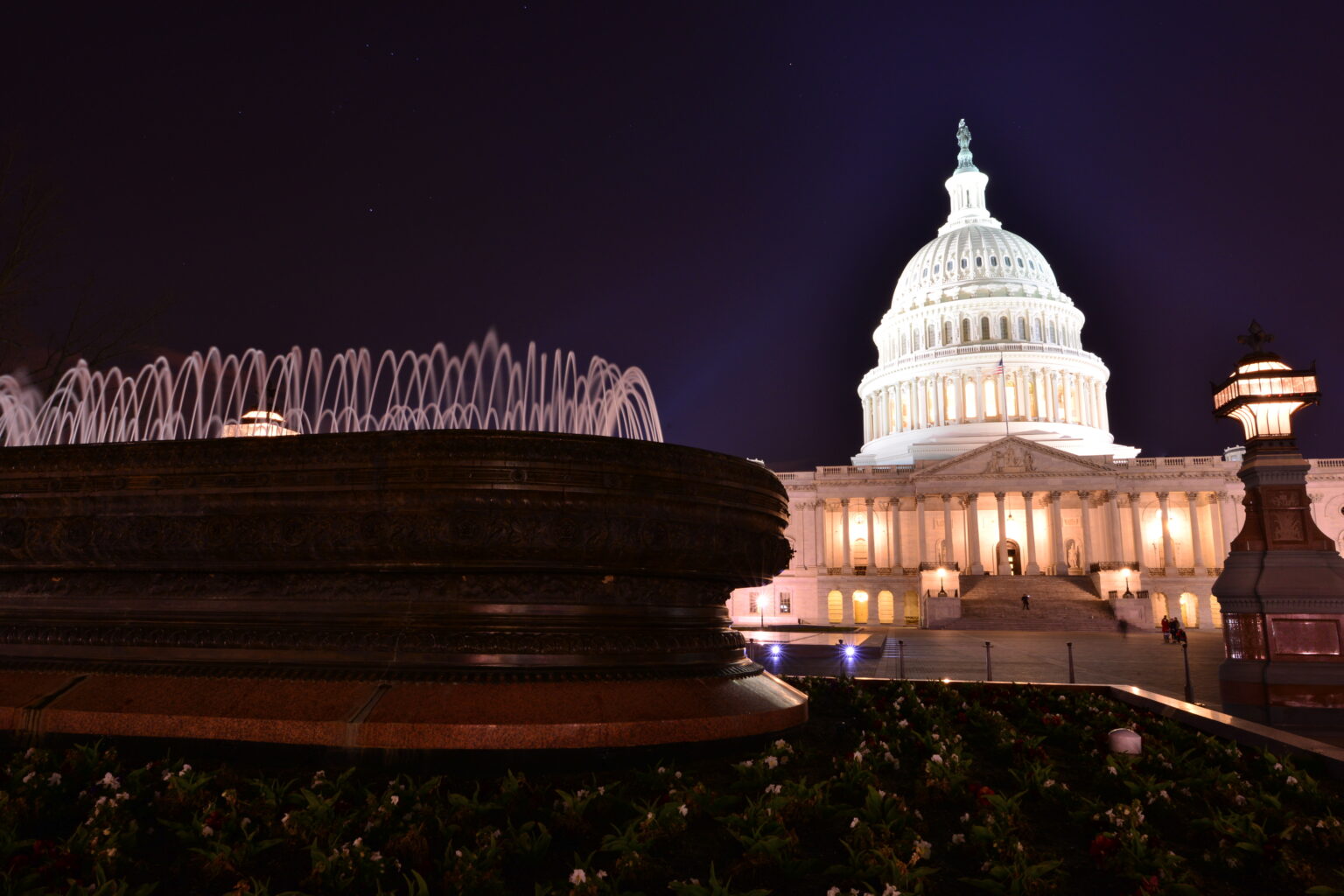As Washington political gridlock keeps the nation in yet another federal shutdown, hospitals across Florida are bracing for ripple effects that could strain budgets and threaten patient access. Let’s consider a hypothetical hospital example.
Our hypothetical hospital is Gulfview Medical Center, a 250-bed nonprofit hospital in central Florida that serves a mix of privately insured, Medicaid, and low-income patients.
The Shutdown and Assuming a “Clean” Continuing Resolution
Let’s assume Congress ends the prolonged closure by passing a “clean” continuing resolution (CR) – a temporary measure that keeps federal agencies open, which comes at a steep price. Lawmakers extend government operations without renewing several Patient Protection and Affordable Care Act (PPACA) premium subsidies that had been authorized temporarily in prior budget cycles.
These subsidies helped keep premiums affordable for roughly 2 million Floridians enrolled through the federal health exchange. For Gulfview Medical Center, that single policy decision becomes an immediate financial crisis.
The Surge in Uninsured Patients
Within weeks, Gulfview’s emergency department begins seeing more uninsured patients: individuals who had previously carried low-cost exchange plans. Elective surgeries decline as patients delay care, and uncompensated care cases surge.
“Our self-pay volume went from 9 percent of total encounters to nearly 18 percent in a month,” a CFO comments in a hypothetical press release. “People who had coverage last year suddenly have none. We’re treating them, but we’re not getting paid.”
In fiscal terms, Gulfview projects a $14 million shortfall for the upcoming quarter, driven by lower commercial collections and a spike in bad debt. Insurers are also cutting payment rates to reflect a smaller, higher-risk pool of covered individuals. Premium hikes, absent subsidies, have made insurance less stable and more expensive to administer, pushing payors to reduce reimbursement to hospitals.
The Medicare DSH Domino Effect
Compounding the crisis, Gulfview knows it will fail to qualify for Medicare Disproportionate Share Hospital (DSH) payments this or the next year, as a result of the impact. DSH adjustments are designed to help hospitals that treat a high percentage of low-income Medicare and Medicaid patients.
Because the hospital’s Medicaid utilization rate dropped slightly below the federal qualifying threshold, it loses its DSH designation for the 2026 fiscal year (FY). The timing could not be worse; just as uncompensated care soars, the financial cushion intended to offset those losses disappears.
A Perfect Storm for Uncompensated Care
Without DSH or premium subsidies, Gulfview’s uncompensated care burden is expected to climb by 35 percent. The hospital also loses its Medicaid Uncompensated Care (UC) pool payments tied to the state’s Low-Income Pool (LIP) waiver, since those payments are based on audited cost reports that lag two years behind current conditions.
The CFO describes it as “a perfect storm: higher uninsured rates, lower federal payments, and reimbursement models that don’t adjust in real time.”
The Broader Implications for Florida
Florida hospitals are particularly exposed because the state did not expand Medicaid under the Patient Protection and Affordable Care Act (PPACA) , leaving many working adults in the “coverage gap” – earning too much for Medicaid, but too little to afford unsubsidized plans. When subsidies lapse, this gap widens dramatically.
If the CR expires in January without a fix, the Florida Hospital Association estimates statewide losses could exceed $600 million in uncompensated care by mid-2026. Smaller safety-net hospitals could be pushed to the brink of insolvency, forcing consolidations or closures that leave rural and low-income communities with fewer options for care.
Conclusion
For Gulfview Medical Center and real hospitals across Florida and the rest of the country, the shutdown may be temporary, but its aftershocks are anything but. A clean CR that omits healthcare subsidies has effectively undone years of stability.













